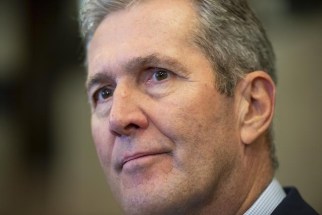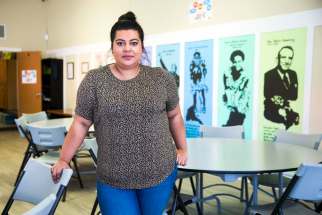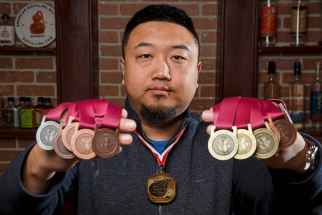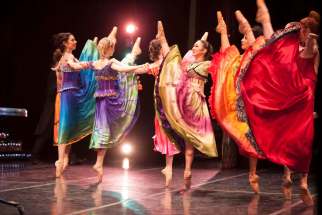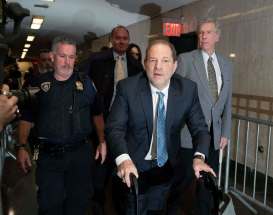Lobbying for language: educators seek EAL training opportunities
Read this article for free:
or
Already have an account? Log in here »
To continue reading, please subscribe:
Monthly Digital Subscription
$0 for the first 4 weeks*
- Enjoy unlimited reading on winnipegfreepress.com
- Read the E-Edition, our digital replica newspaper
- Access News Break, our award-winning app
- Play interactive puzzles
*No charge for 4 weeks then price increases to the regular rate of $19.00 plus GST every four weeks. Offer available to new and qualified returning subscribers only. Cancel any time.
Monthly Digital Subscription
$4.75/week*
- Enjoy unlimited reading on winnipegfreepress.com
- Read the E-Edition, our digital replica newspaper
- Access News Break, our award-winning app
- Play interactive puzzles
*Billed as $19 plus GST every four weeks. Cancel any time.
To continue reading, please subscribe:
Add Free Press access to your Brandon Sun subscription for only an additional
$1 for the first 4 weeks*
*Your next subscription payment will increase by $1.00 and you will be charged $16.99 plus GST for four weeks. After four weeks, your payment will increase to $23.99 plus GST every four weeks.
Read unlimited articles for free today:
or
Already have an account? Log in here »
Hey there, time traveller!
This article was published 25/02/2020 (2114 days ago), so information in it may no longer be current.
Despite differing views from the province, Manitoba educators continue to advocate for the ability to study English as an Additional Language as a core component in teachers college.
Teachers-in-training have to obtain a certain number of credits towards a minor and major teachable — subjects they plan to teach in the classroom after they graduate — in order to earn a bachelor of education. Their options range from biology to German, but EAL isn’t on the list.
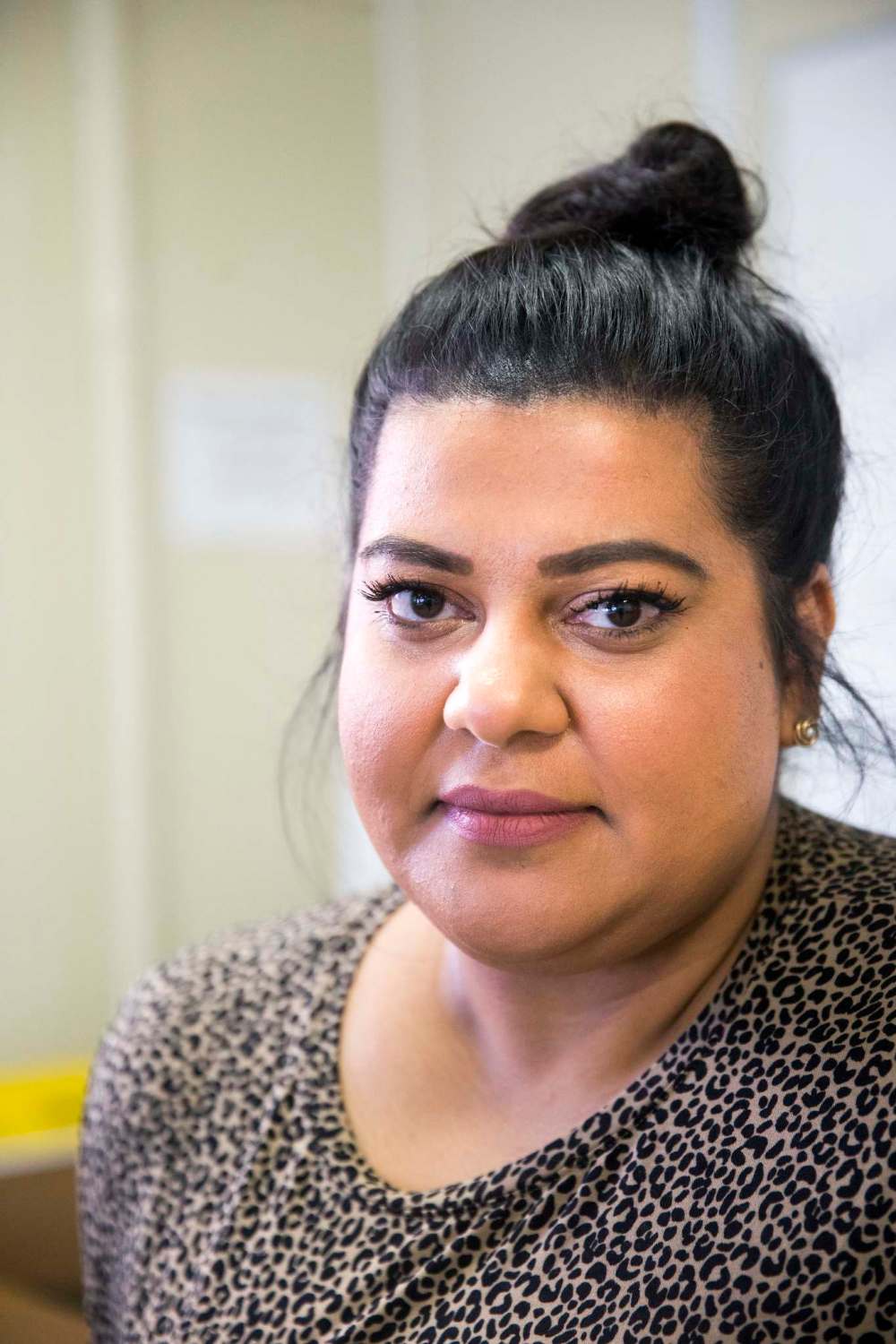
That means B.Ed candidates cannot officially specialize in teaching students whose mother tongue is something other than English, oftentimes because the students are refugees or newcomers who speak multiple other languages. Up until recently, there were little to no options for future teachers to specialize in EAL post-bachelor degree either.
“What that means is EAL departments are made up of teachers that do not specialize in that subject area,” said Kathleen Vyrauen, director of the Newcomer Education Coalition. An ever-growing population of newcomer students is being taught without specialized instructors and a draft EAL curriculum that hasn’t been finalized since its 2011 creation, Vyrauen said.
Several years ago, a since-disbanded provincial advisory committee for teacher education and certification concluded EAL should not be added to the list of acceptable teachables because it “is not an academic discipline.”
“We have very diverse people coming from Syria, Iraq, all over the world, and if we want to provide proper education, we need workshops to keep us up to date.” – Paul Kambaja
“It is an approach or strategy, used by classroom and EAL teachers, for assisting students in becoming fluent in English by developing programming that focuses on key competencies, as well as on the language demands of all subject areas across the curriculum,” a provincial spokesperson wrote, adding further consideration isn’t currently underway.
While Vyrauen agrees successful EAL lessons requires teachers to take a holistic method, she said it’s important it be deemed a teachable, so educators who want to work directly with newcomers are prepared and have the appropriate trauma-informed training.
“Our student population is changing, it’s not the same type of students we used to have 10 years ago. We have very diverse people coming from Syria, Iraq, all over the world, and if we want to provide proper education, we need workshops to keep us up to date,” said Paul Kambaja, an EAL teacher at Grant Park High School in Winnipeg.
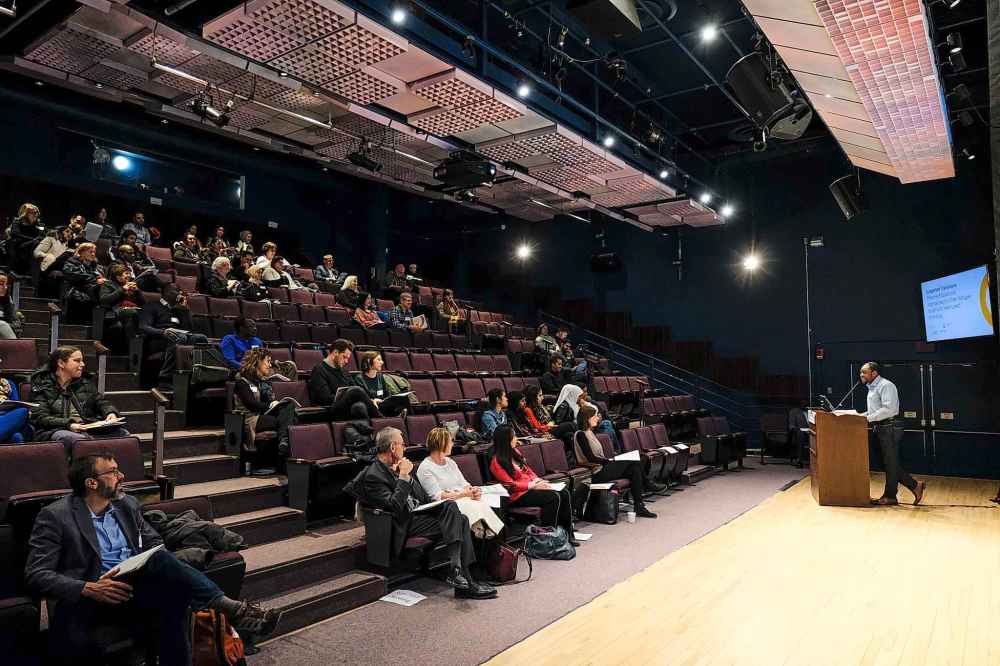
Kambaja completed his B.Ed at Brandon University after he moved to Manitoba from the Democratic Republic of Congo in 1997. He was interested in EAL at the time, but it wasn’t a teachable, let alone were there any EAL-specific courses.
He studied French, so he had some grounding in how to teach students another language, but Kambaja has relied on his lived experience to connect with students. Many EAL colleagues, he added, have had to learn on the job due to minimal formal training.
As of September 2019, upwards of 15,000 students received EAL funding — “And it’s going to keep coming up,” said Francine Morin, associate dean at the University of Manitoba’s faculty of education.“I’m advocating for knowledge- and capacity-building and for teachers to understand more about what it means to have come from a refugee background or not to have English as your first language. That needs to be infused into every course we teach.” – Jan Stewart
Morin penned a letter to the province in 2018, asking EAL be recognized as a professional area of expertise due to unique research and theories that underpin it. Almost one year later, in the summertime, she received a disappointing response.
“We don’t have enough teachers who really feel confident in meeting the needs of those students,” she said, adding U of M recently introduced EAL-related courses and post-bachelor and PhD opportunities for B.Ed graduates who want to specialize.
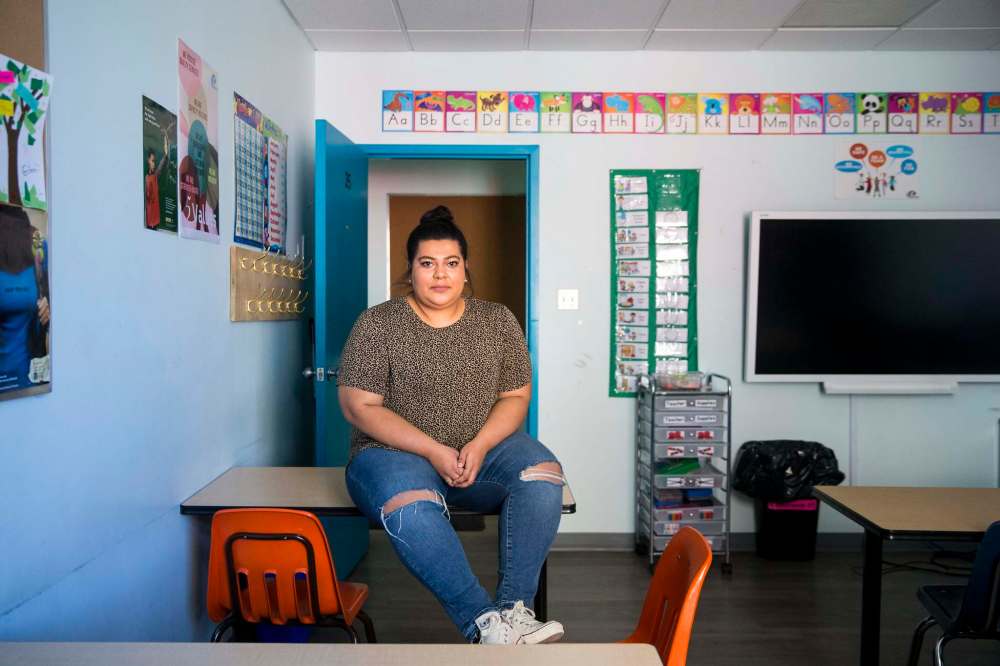
The University of Winnipeg has long had optional education courses on strategies for teaching refugee students.
Jan Stewart, an academic who has authored three books on refugee learning, said U of W also incorporates inclusive teaching practices in several mandatory classes for teachers college candidates.
“Sometimes, it’s not a course that’s going to be the answer. Sometimes, it’s just a different way of thinking about teaching,” Stewart said, arguing making EAL a teachable isn’t what’s needed, but rather training so all teachers are receptive to diverse student needs.
“I’m advocating for knowledge- and capacity-building and for teachers to understand more about what it means to have come from a refugee background or not to have English as your first language. That needs to be infused into every course we teach.”
maggie.macintosh@freepress.mb.ca
Twitter: @macintoshmaggie

Maggie Macintosh reports on education for the Winnipeg Free Press. Funding for the Free Press education reporter comes from the Government of Canada through the Local Journalism Initiative.
Our newsroom depends on a growing audience of readers to power our journalism. If you are not a paid reader, please consider becoming a subscriber.
Our newsroom depends on its audience of readers to power our journalism. Thank you for your support.
History
Updated on Wednesday, February 26, 2020 9:23 AM CST: Minor changes


